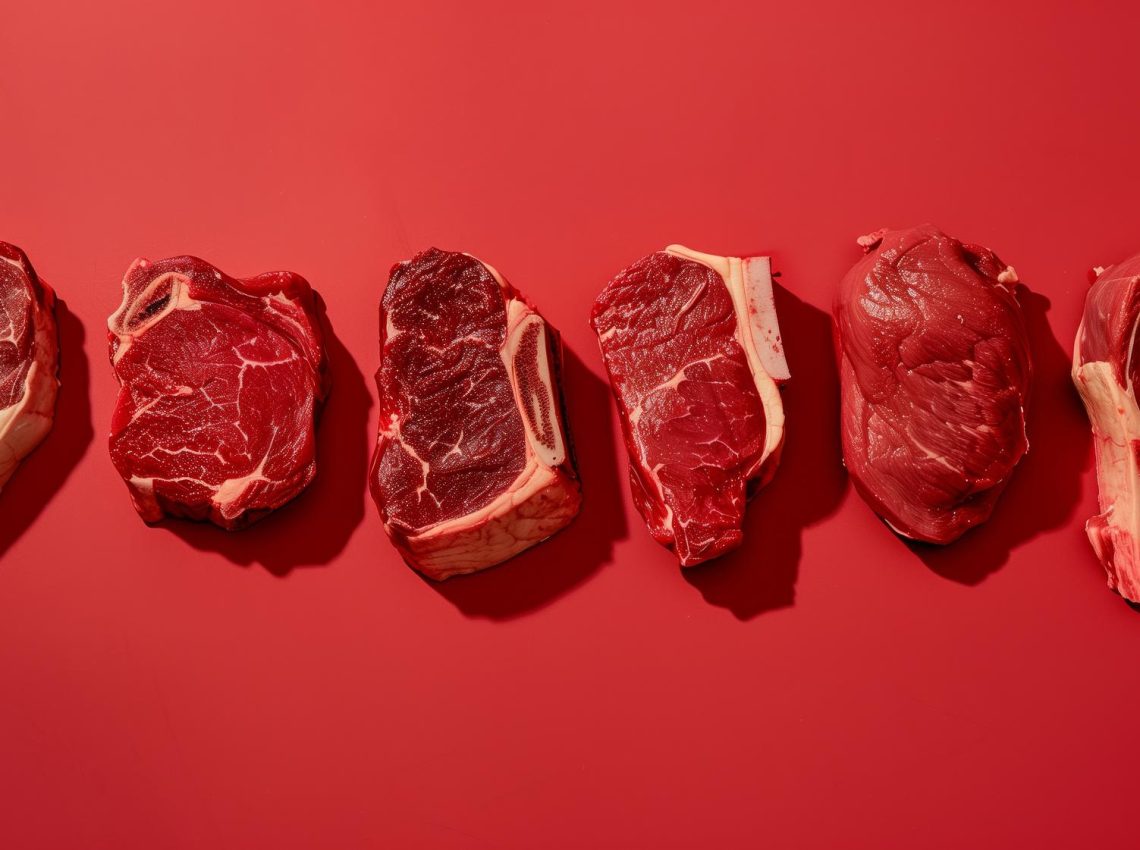The Connection Between Red Meat and Heart Disease Could Lie in the Gut

Red meat has been under the spotlight recently, facing criticism for its potential role in inflammation, environmental concerns, and links to health issues such as cardiovascular disease. But what exactly is it about red meat that sparks such controversy?
Researchers have delved into the effects of red meat on the human body, uncovering intriguing interactions within the gut that may explain its impact on health.
Red Meat and Cardiovascular Disease: What the Research Says
A 2022 study published in Arteriosclerosis, Thrombosis, and Vascular Biology, a journal by the American Heart Association, sheds light on how red meat is processed differently by the body. Researchers studied data from nearly 4,000 adults participating in the Cardiovascular Health Study (CHS), which began in 1989/1990 and followed participants for an average of 12.5 years.
At the outset, none of the participants had cardiovascular disease, and their average age was 73. Researchers tracked their dietary habits, medical histories, and blood biomarkers, particularly focusing on those associated with red meat consumption, such as TMAO (trimethylamine N-oxide), gamma-butyrobetaine, and crotonobetaine.
The findings were significant: for every additional 1.1 daily servings of red meat, participants faced a 22% higher risk of developing atherosclerotic cardiovascular disease, characterized by artery thickening. However, this risk was not observed in those consuming fish, poultry, or eggs.
The Gut’s Role in Processing Red Meat
The key to understanding red meat’s impact may lie in the gut. When red meat is digested, gut bacteria break down its high L-carnitine content, producing metabolites like TMAO. These metabolites are thought to influence inflammation and blood sugar levels, which could contribute to the link between red meat and cardiovascular disease.
Dr. Meng Wang, co-lead author of the study and a postdoctoral fellow at Tufts University’s Friedman School of Nutrition Science and Policy, emphasized the need for further research. According to Wang, understanding the effects of L-carnitine and other components of red meat, such as heme iron—which has been linked to Type 2 diabetes—is just as important as studying saturated fats.
Should You Be Concerned About Red Meat?
While the study highlights a connection between red meat and cardiovascular disease, it doesn’t mean you need to eliminate it from your diet. The study was observational, meaning it couldn’t establish a direct cause-and-effect relationship. Additionally, participants self-reported their food intake, which could introduce errors.
As with many foods, moderation is key. Consuming red meat occasionally and as part of a balanced diet is unlikely to pose significant risks for most people. Until further research provides more concrete evidence, there’s no need to fear red meat entirely—just enjoy it mindfully.















